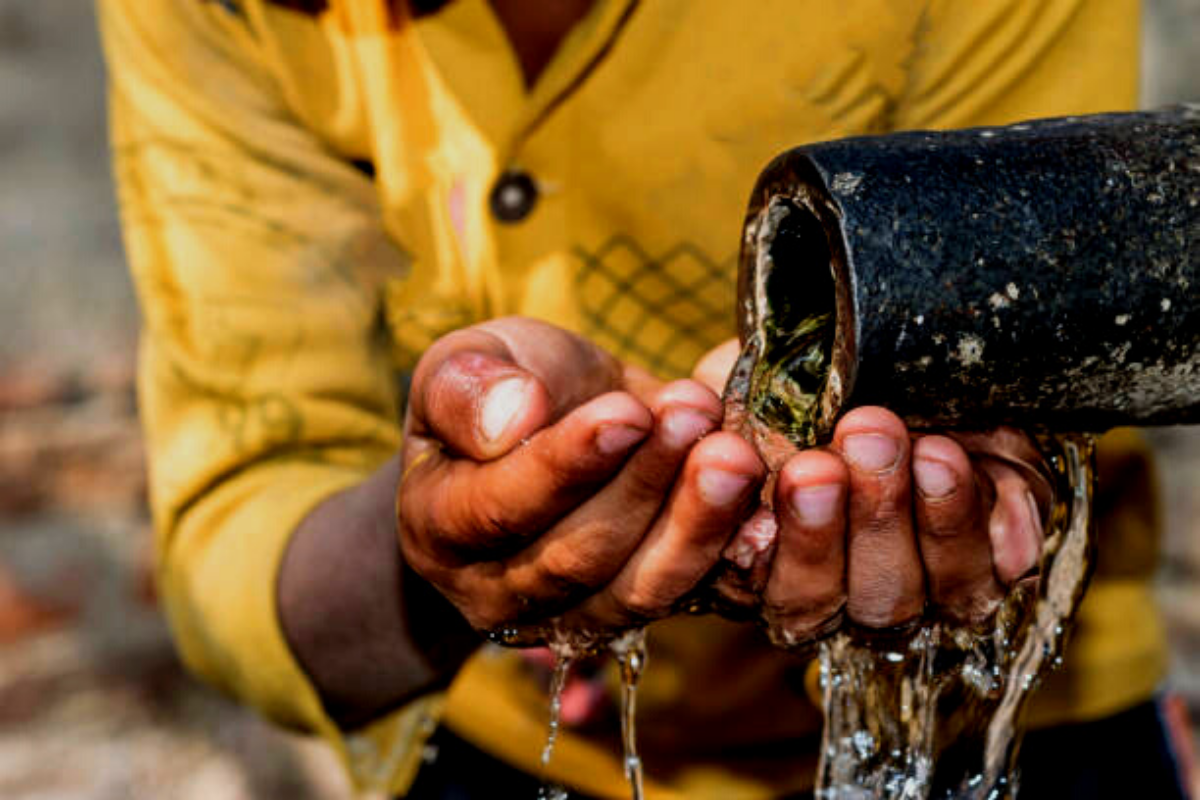Recognizing the fundamental role of sanitation in ensuring women’s dignity and safety, the Government of India has implemented several transformative measures addressing gender-specific challenges, Minister of State for Women and Child Development, Savitri Thakur, informed the Rajya Sabha on Wednesday.
The high recurring cost of sanitary napkins has also been a barrier to menstrual health, especially for economically disadvantaged women. In addition, women bear the primary responsibility for ensuring access to safe water and sanitation at the household level.
Advertisement
Traditional patriarchal norms often relegate toilet cleaning to women, further increasing their care burden and leaving little time for economic productivity.
Open defecation, a long-standing issue in India, not only affects sanitation but also increases the vulnerability of women and girls to sexual violence, particularly during nighttime.
To address these challenges, the Government launched various initiatives under its flagship Swachh Bharat Mission, which has driven a paradigm shift in social attitudes toward sanitation.
Over 11.64 crore household toilets have been constructed, 15.13 crore rural households have gained access to tap water connections, and 10.3 crore women have benefited from clean cooking gas connections.
These interventions not only improve sanitation and reduce health risks but also significantly decrease women’s time poverty and care burdens, enabling them to engage in productive activities.
Special focus has been given to community and public toilets, particularly for marginalized groups such as sanitation workers, street vendors, and ragpickers.
The Minister said that women in these groups, often forced to delay relieving themselves due to unsafe public spaces, faced health risks like urinary tract infections (UTIs). The construction of functional community toilets addresses these risks, improving women’s health and safety in urban areas.
Under the Swachh Vidyalaya Mission, 97.48 per cent of government schools now have functional separate toilets for girls, and 98.2 per cent have access to drinking water facilities, as per UDISE+2021-22 data.
Additionally, the government has issued advisories to states and Union Territories to use funds under the Swachh Bharat Mission (Gramin) Phase-II and the 15th Finance Commission to install and maintain incinerators in schools for managing menstrual waste.
In a significant move to counter the so-called “pink tax,” the government has made sanitary napkins 100 per cent tax-free. Through Jan Aushadhi Kendras, over 62 crore sanitary napkins have been provided at a nominal cost of ₹ 1 per pad, ensuring menstrual products are affordable and accessible.
Programs like the “Scheme for Promotion of Menstrual Hygiene” have encouraged behavioral change, increasing the enrolment of adolescent girls in schools.
Further initiatives include the Sakhi Niwas (Working Women’s Hostels) under Mission Shakti, which ensures access to safe and affordable housing for working women. The government has allocated Rs 5,000 crore under the “Scheme for Assistance to States for Capital Investment” to establish new working women’s hostels.











